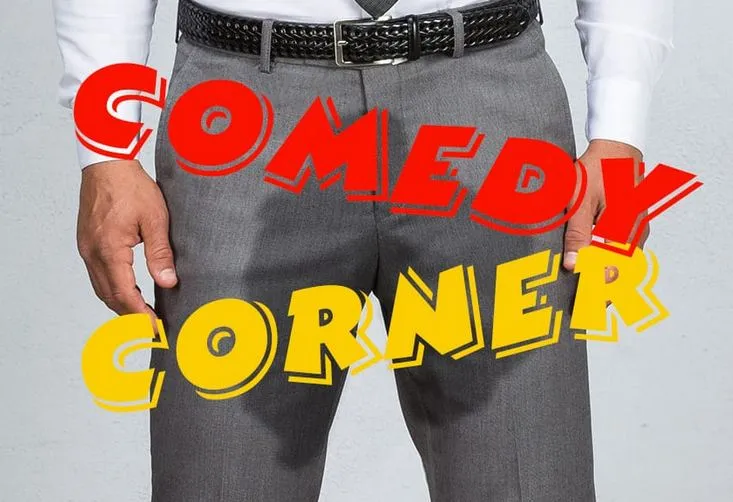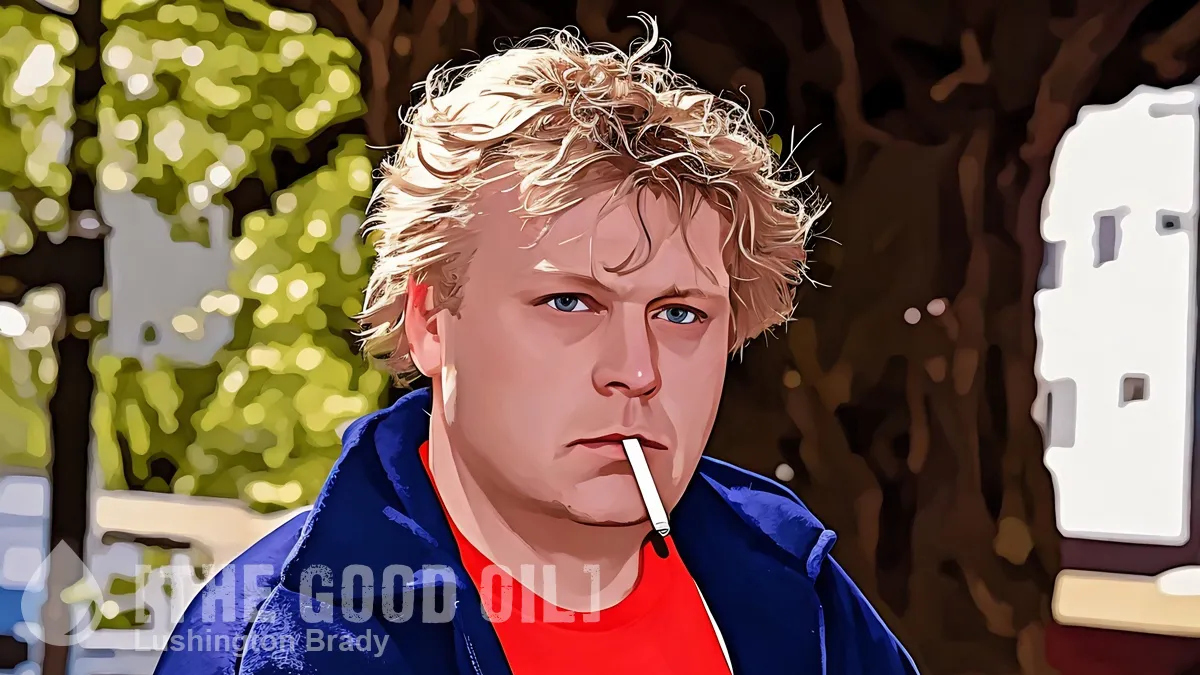Table of Contents
Free Press
ACT Party
The Haps
The Government has lost its way, and voters are telling them in the polls. It apologised for immigration policy that happened before Jacinda Ardern was born at an Auckland Town Hall rally. Meanwhile, down the road, ACT MPs listened to today’s immigrants separated from their kids by Government policy. No Labour MP was there to hear them.
The Government is focused on theatrics, ACT is focused on listening to people.
The Party’s 46-stop Honest Conversations Tour is packing halls. ACT set an all-time record in the Roy Morgan and TV3 Polls over the weekend.
Cynical Theories
The response to seven (let’s call them the magnificent seven) professors writing a letter to the Listener seems bewildering. The letter made a very simple and sensible point. Basically, it said: There is not ‘Western’ science and ‘Maori’ science, just science, a way of thinking that many cultures have advanced over thousands of years and all humans can benefit from.
Indigenous cultures, it went on, may make important contributions to science, but not all indigenous knowledge is automatically science. What’s more, making science a tool of colonisation may accidentally tell Maori kids it’s not for them. A week later, one of the letter’s authors has stepped down from their position at the country’s highest-ranked university in a hail of abuse from fellow academics and their students. It’s just another example of the cancel culture that pervades society. What the hell is going on?
Free Press reads voraciously. We love how words off the page fire our neurons with new ideas. This week, we review a book. It’s called Cynical Theories, by Helen Pluckrose and James Lindsay. We think it shows what’s gone wrong in academia over the past 30 years and how the disease is seeping out into wider culture and Government policy.
The book’s title is a play on Critical Theory, the academic trend where scholars are supposed to find fault with the world as it is and exhort people to rebuild it. So much for just discovering new knowledge. It started with post modernism in the 60s when philosophers like Michel Foucault argued that there is no real world. Instead, there are just a whole lot of constructs, things that exist because people believe them. It was all interesting stuff, but few took it seriously.
Some academics did, and it emerged into a whole series of fields that usually have ‘Theory’ or ‘Studies’ in their name. Pluckrose and Lindsay go through them, chapter by chapter. Postcolonial Theory, Queer Theory, Critical Race Theory, Gender Studies, and even Fat Studies. Each field has the same basic theme. The way we see the world is not real, just a construct, with the prevailing language and beliefs adopted by oppressors to keep the oppressed in their place.
Fat studies, for example, finds that most people have adopted an oppressive narrative favouring the thin, and doctors who advise that excess weight is unhealthy are oppressive. This world has to be criticised, searched endlessly for ‘problematics,’ and torn down, to be reconstructed without oppression. The oppressed have special vision, because only they can see oppression. So, we all have to listen to people from oppressed categories and accept what they say.
Oppressed people can have knowledge just because of who they are, not because they can show others that it’s useful. If someone is in the right category, you must listen to them, and believe them. If you are a white, cisgender (you identify with the gender you were born with), heterosexual, male coloniser, or even most of these things, then you better shut up.
Here’s the problem: In this world, there is no place for common humanity. There is no place for the rights of the individual. There is only value based on identity. There is no objective reality that we can all make progress towards understanding together.
According to Theory, ‘science’ is just a tool of oppression. Cynical Theories helps explain why the Ministry of Education, which is completely captured by Critical Theory, doesn’t believe in a curriculum of facts for all children to learn. It believes there are many truths, and Maori children should learn about indigenous knowledge because that is their truth. Everyone has their own truth. (Except straight white cisgender men).
It explains the venom against the magnificent seven. Rather than seven (extremely intelligent) people making a very reasonable point defending the definition of science, they were painted as carrying on a worldview that oppresses equally valuable indigenous knowledge.
Cynical Theories finishes with a spirited defence of liberalism. The idea that there is a universal humanity, and all people are born free and equal with the right to think their thoughts and express their views about the world as it is, without being shouted down for perpetuating an oppressive version of it. In other words, what the old liberal left used to believe.









